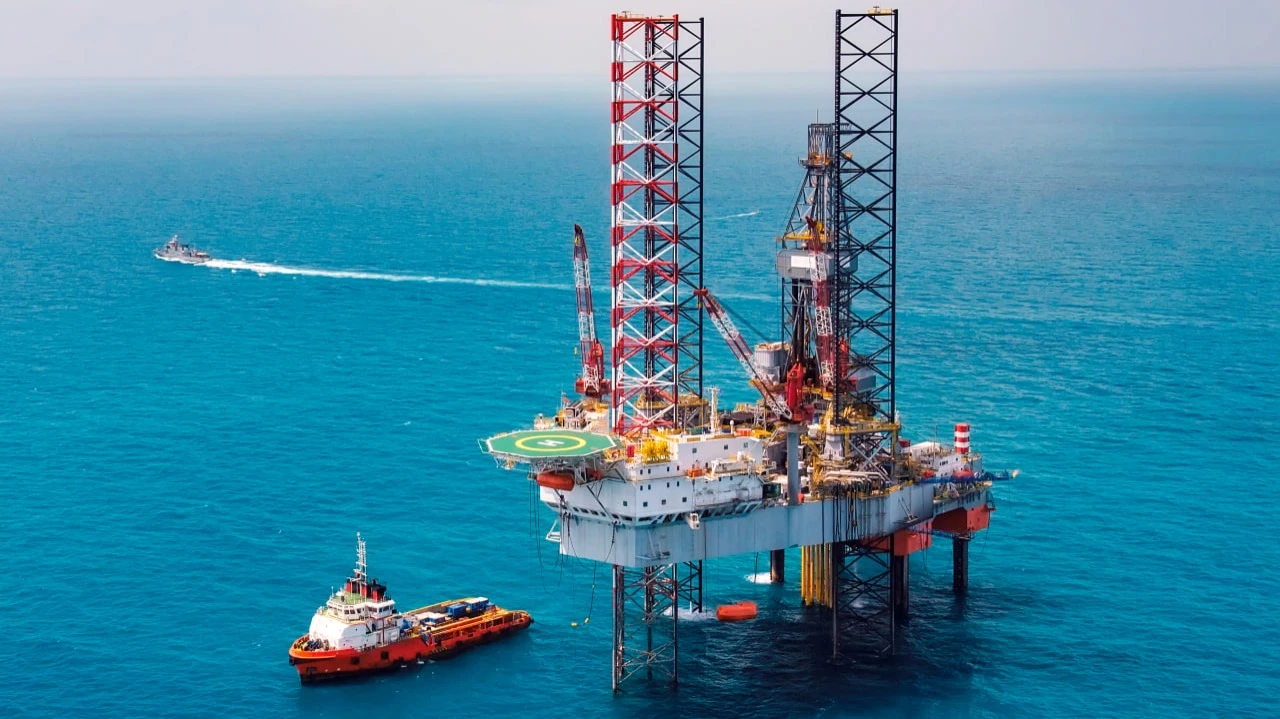Oil prices down 2% after IEA forecasts 'unsustainable' surplus
Oil markets are being pulled in different directions by several factors at once, the agency said

Oil prices declined after the International Energy Agency warned of the risk of a significant imbalance. Supply could grow much faster than consumption, leading to the accumulation of an "unsustainable" inventory surplus as early as the second half of 2025, the IEA said. But the scenario may not materialize because of several risks.
Details
The cost of contracts for delivery of Brent crude oil with execution in November fell in the moment by almost 2% - to $66.2 per barrel, follows from the data of the Intercontinental Exchange (ICE).
U.S. WTI crude was losing about 2.2% of its value, falling to $62.3 per barrel.
What the IEA reported
The decline in quotations followed after the International Energy Agency (IEA) forecasted supply growth by 2.7 million barrels per day this year and by 2.1 million barrels next year. Earlier it was expected to increase by 2.5 million and 1.9 million barrels respectively. The increase in the forecast is explained, among other things, by the increase in production by OPEC+ countries, where Saudi Arabia and Russia are the leaders.
At the same time, the IEA estimates that supply is growing much faster than demand, although the agency increased its forecast for global consumption to 740 thousand barrels per day in 2025. This is 60 thousand more than the previous estimate.
"Oil markets are being pulled in different directions by several factors at once: on the one hand, new sanctions against Russia and Iran could lead to supply losses, on the other hand, OPEC+ production growth and the risk of further inflating excess inventories," the IEA report said.
Abundant supply could lead to an "unsustainable" surplus of oil on the world market: in the second half of 2025, global inventories could increase by an average of 2.5 million barrels per day, the agency writes.
At the same time, there are several risks due to which the surplus may not be realized, the IEA warned. The balance may be affected by geopolitical tensions, trade policy and new sanctions against Russia and Iran.
Separately, the agency noted that China continues to actively build crude inventories, which keeps Brent prices for immediate delivery higher than for later contracts. This market structure, known as backwardation, indicates continued shortages in the short term.
This article was AI-translated and verified by a human editor
